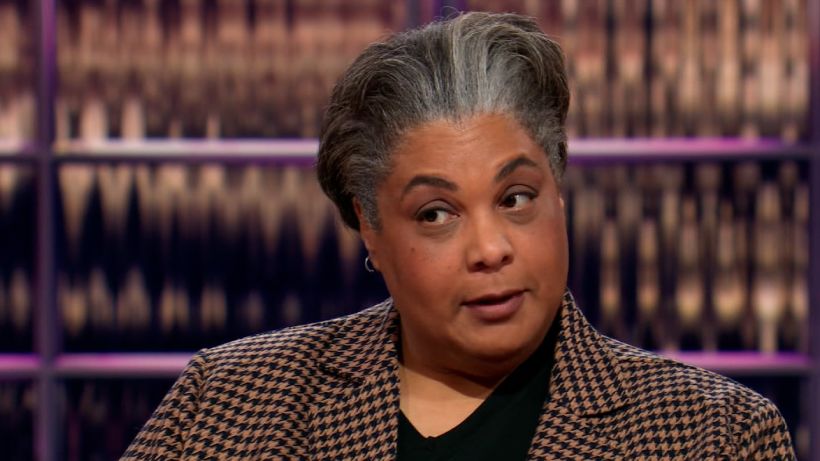The New York Times announced Friday that “Caliphate,” the newspaper’s award-winning podcast about the Islamic State, “did not meet our standards for accuracy,” an announcement that marks a black eye for the paper and a reporter who had been seen as one of its stars.
“Caliphate,” a 12-part podcast released in 2018 about the inner workings of the Islamic State terrorist group, featured the account of Shehroze Chaudhry, a Canadian resident who claimed to have joined ISIS and participated in executions. But at the conclusion of an internal review that took more than two months, the Times said the episodes about Chaudhry fell apart under scrutiny.
The Times said it “found a history of misrepresentations by Mr. Chaudhry and no corroboration that he committed the atrocities he described in the ‘Caliphate’ podcast,” according to an editor’s note that was appended on Friday to the podcast’s page on the Times’ website.
The Times kicked off its investigation after Canadian police charged Chaudhry in September with “Hoax-Terrorist activity” in relation to interviews published by “multiple media outlets,” according to a police news release.
Despite the misrepresentations and lack of corroboration, The Times is not removing “Caliphate” from its website or podcast apps. In addition to the editors’ note posted online, The Times is affixing audio corrections to the episodes and releasing an episode about the corrections. The paper also published a fuller account on Friday on what it learned about Chaudhry. The four-byline story described him as “a fabulist who spun jihadist tales about killing for the Islamic State in Syria, Canadian and American intelligence and law enforcement officials contend.”
The editors’ note said the Times “discovered significant falsehoods and other discrepancies” in Chaudhry’s story during the course of reporting and took steps to confirm his account. The Times decided to “proceed with the project” but to include an episode dedicated to the fact checking process and highlighting what they called “major discrepancies.”
The Times’ media critic Ben Smith reported in October that there had been concerns about the podcast before its publication.
“Caliphate” won the 2018 Peabody in the radio/podcast category, a prestigious journalism award. It also was a finalist for the Pulitzer Prize. These were marks of success for The Times’ growing investment in audio, led by the team behind its daily news podcast, “The Daily.”
Rukmini Callimachi, a Times correspondent who hosted the podcast, will remain at the paper and but will be reassigned.
“She’s going to take on a new beat, and she and I are discussing possibilities,” said Dean Baquet, executive editor of The Times. “I think it’s hard to continue covering terrorism after what happened with this story. But I think she’s a fine reporter.”





















